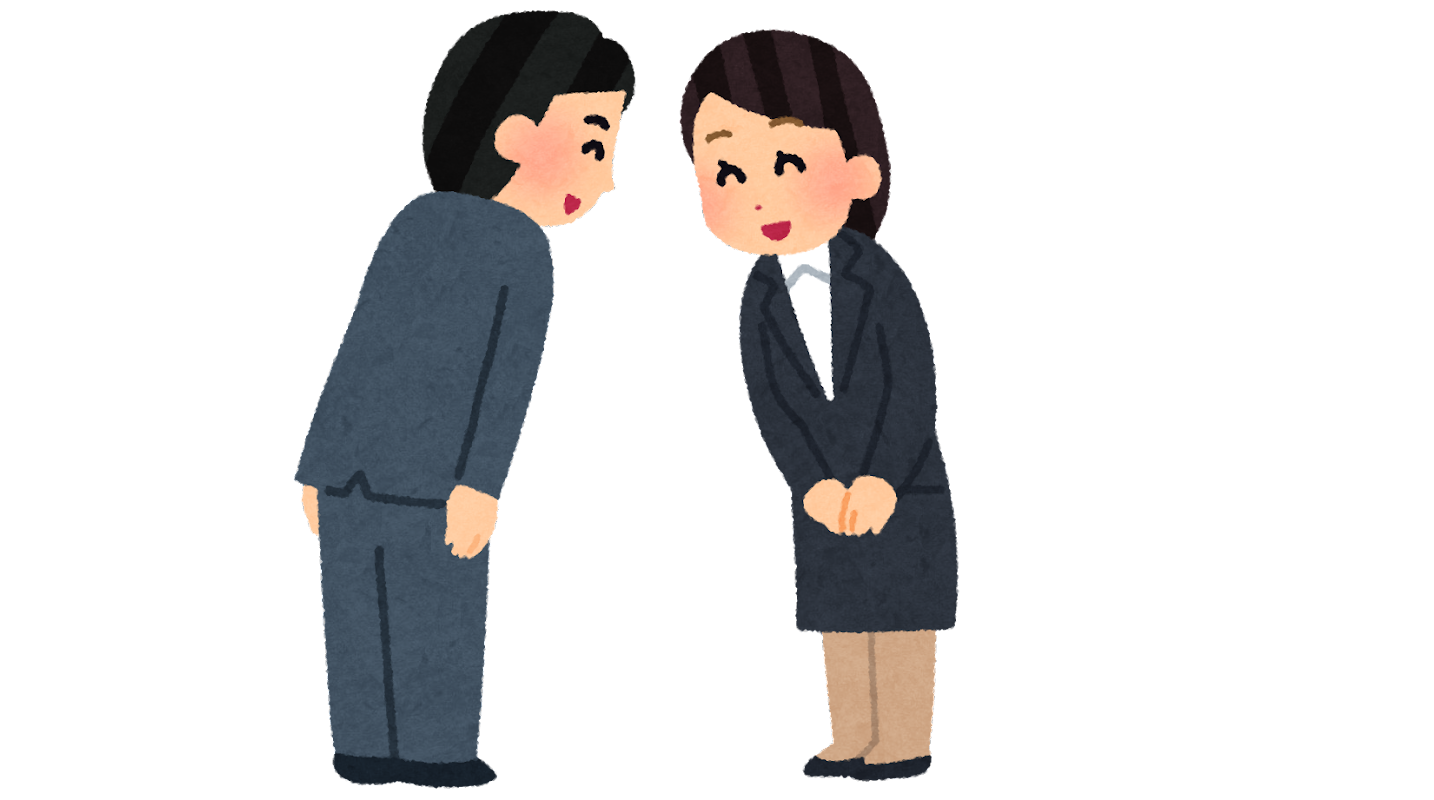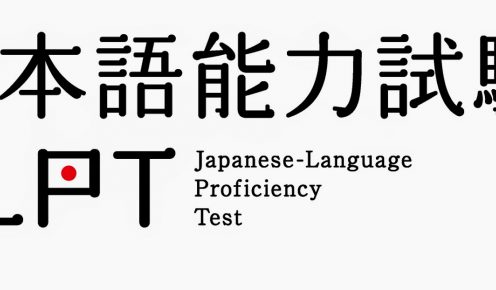Interpersonal Japanese interview questions
After you’ve completed your job interview introduction, the interviewers may inquire about your relevant background. Whenever you reply about your work and experiences related to it, be prepared that the interviewer may also want to dig deeper about any experience you mention and ask for more specific examples. Let’s say that it was a sales position, they might ask:
“Please tell us about your experience in sales.”
The interviewer may ask you the following questions to get a sense of who you are, especially in terms of working under pressure:
“What do you do when you’re under a lot of pressure? Please elaborate on how you would handle the situation.”
Both questions test your capacity to deal under pressure.
“What kind of work discourages you?” is a hard question they may be asked. Make sure you don’t say anything here that isn’t directly related to the job role you’ve applied for!
Another way to assess your ability is to ask, “How do you handle problems at work?” Troubleshooting questions are the type of question that everyone dreads since they are difficult to predict. The interviewer may present you with a difficult circumstance for which you must come up with a solution. You might get queries like these at a basic level:
“What do you do if you can’t make a deadline?”
“What would you do if you couldn’t effectively manage your workload?”
These two questions are pretty similar; the first asks what you would do if you were unable to meet a deadline, therefore you must come up with an adequate response. The second question is a little bit more focused on how you deal with time management problems.
It is always best to prepare several examples as responses prior to your interview.
Another question also asks you to explore a hypothetical situation:
“If you come across a problem during work, how would you resolve it?”
“At work, there’s someone with whom you don’t get along. “How would you deal with them if you had to?”
When asked more interpersonal questions, such as “what kind of person you don’t get along with and what you would do in that case,”
You should highlight in your answer that there isn’t a specific type of person that you don’t get along with, but if there was you would use your communication skills to overcome any kind of issue, by talking about it and finding a feasible solution.
“How would you handle a workplace conflict with a coworker with whom you disagree?” “How would you reach an agreement?”
This question asks how you would react if you had a disagreement with a coworker. You may again highlight the importance of communication skills in your answer and try to make it clear that you get along with people quite well.
“How do you deal with difficult people?”
This question is similar to the previous one, except the interviewer is specifically asking what you would do if another individual was difficult. You can think of challenging customers instead of problematic coworkers.
Your relevant experiences and talents are an important aspect of the interview, but the interviewer may also inquire about your deficiencies: “Can you tell us about your strengths and shortcomings, as well as provide us some examples of your weaknesses?” Before any interview, you should have at least three examples of your strengths and flaws prepared. You should also add an explanation of what efforts you are making to overcome your inadequacies for everything you are not good at.
Alternatively, the interviewer may go straight into asking you about your experience. For example:
“How do you think your background compares to the requirements of the position?”
In such cases, you can discuss specific job positions that you’ve held that make you a good fit for the position you’re applying for. A question along the same lines, but focusing on skills, might be:
“How do you think your skills match the position?”
“How would you do work differently if you were compared to someone else?”
This is a difficult question to answer, however you can emphasise your unique talents. For many positions, the interviewer will be interested in how you rate your communication abilities as a personal quality or strength, therefore they may be asked, “If you had a new concept, how would you persuade your superior?”
It’s all about having a good concept and convincing others of it. It is helpful to elaborate upon a past example to include in your answer.












